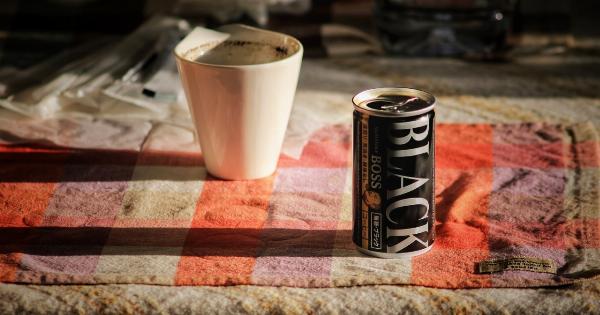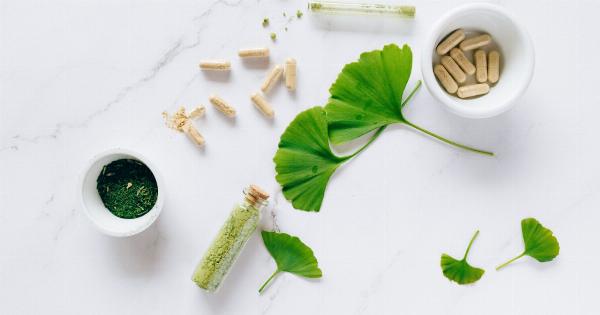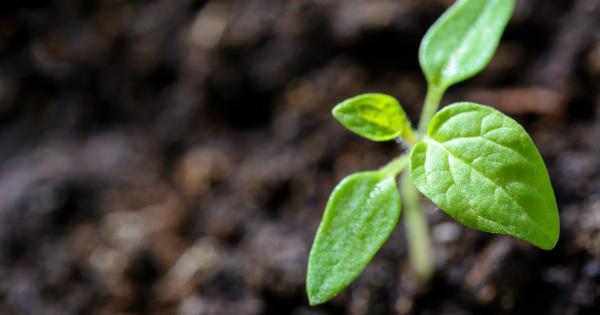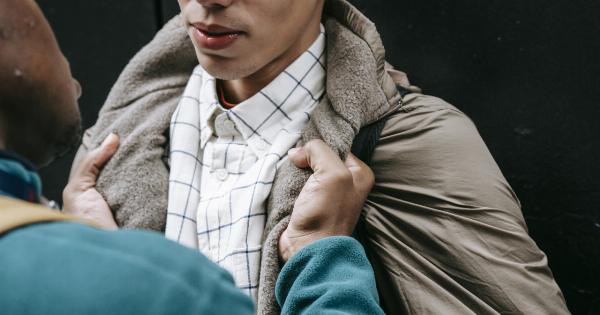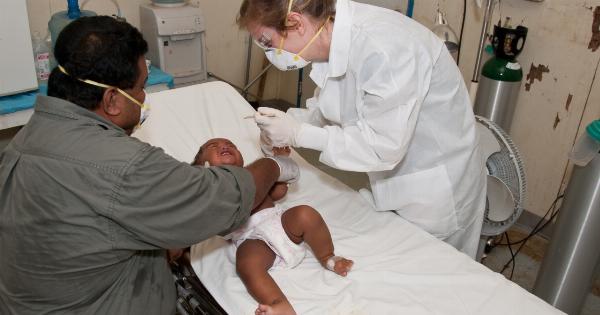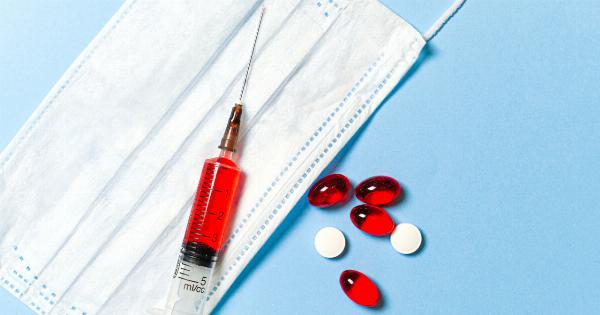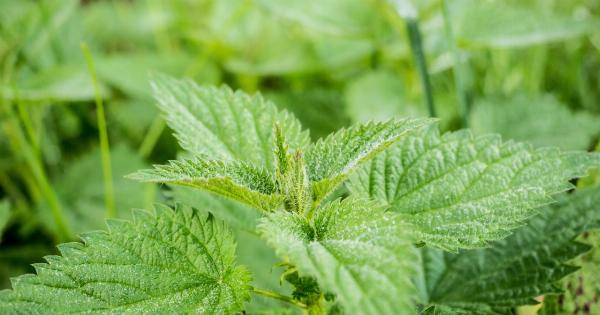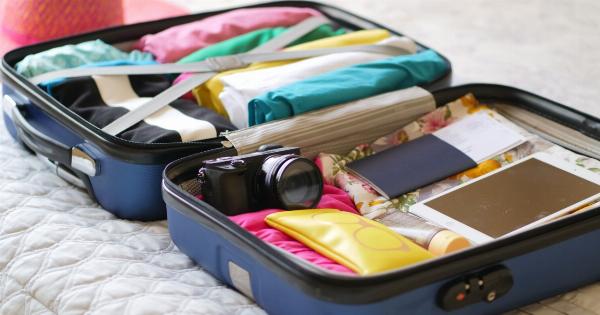Before we dive into the myth of coffee being a cure for a hangover, let’s first understand the science behind what causes a hangover in the first place.
A hangover is the result of excessive alcohol consumption, which leads to a wide range of symptoms, including headache, fatigue, nausea, and dehydration. The main culprit responsible for these unpleasant after-effects is ethanol, the psychoactive compound found in alcoholic beverages.
Dehydration and Coffee
One of the most common claims is that coffee can alleviate a hangover because of its diuretic properties.
It is often believed that the caffeine in coffee can help relieve the symptoms associated with dehydration, a common side effect of excessive alcohol consumption. However, the truth is that coffee, just like alcoholic beverages, has a diuretic effect, which can actually worsen dehydration. So, relying solely on coffee to hydrate yourself after a night of drinking is not the best approach.
The Role of Caffeine
Now, let’s focus on the role of caffeine in relation to a hangover. Caffeine is a stimulant that affects the central nervous system, making you feel more alert and awake.
It can also temporarily relieve the symptoms of fatigue and drowsiness that often accompany a hangover. However, it is important to note that caffeine does not address the root causes of a hangover and only provides temporary relief.
The Masking Effect
Another reason why coffee may be falsely believed to cure a hangover is its masking effect. Drinking coffee can give the illusion of feeling better by covering up some of the symptoms of a hangover, such as fatigue.
However, this does not mean that the hangover is actually cured or that the body is fully recovered from the effects of excessive alcohol consumption.
Hydration is Key
When it comes to effectively dealing with a hangover, hydration should be the top priority. Alcohol is a known diuretic, which means it increases urine production and causes the body to lose more fluids.
Replenishing these lost fluids is crucial for alleviating the symptoms of a hangover. Drinking water, sports drinks, or electrolyte solutions, in addition to being adequately hydrated before consuming alcohol, is much more beneficial than relying on coffee alone.
Other Remedies for a Hangover
While coffee may not be a magical cure for a hangover, there are other remedies that may help alleviate some of the symptoms. Here are a few options to consider:.
1. Replenish Electrolytes
Consuming foods or drinks that are rich in electrolytes can help restore the body’s electrolyte balance, which may be disrupted by excessive alcohol consumption. Opt for natural sources like coconut water or electrolyte-infused beverages.
2. Get Adequate Rest
Rest is vital when recovering from a hangover. Allow your body to recuperate by getting enough sleep and avoiding strenuous activities. Taking a nap can help reduce fatigue and headaches associated with a hangover.
3. Eat a Nutritious Meal
Avoid greasy or fatty foods, as they can irritate an already sensitive stomach. Instead, opt for nutrient-rich meals that can provide the necessary vitamins and minerals your body needs to recover.
4. Try Ginger or Peppermint
Ginger or peppermint, in the form of tea or supplements, may help soothe an upset stomach and relieve nausea associated with a hangover.
5. Over-the-Counter Pain Relievers
If your hangover symptoms include a pounding headache, over-the-counter pain relievers like ibuprofen or aspirin may provide temporary relief. However, it is important to follow the recommended dosage and consult a healthcare professional if needed.
The Bottom Line
Coffee may provide temporary relief from some hangover symptoms due to its caffeine content, but it is not a cure.
To effectively deal with a hangover, focus on hydrating your body with water and electrolytes, getting adequate rest, and choosing nutritious meals to aid recovery.

